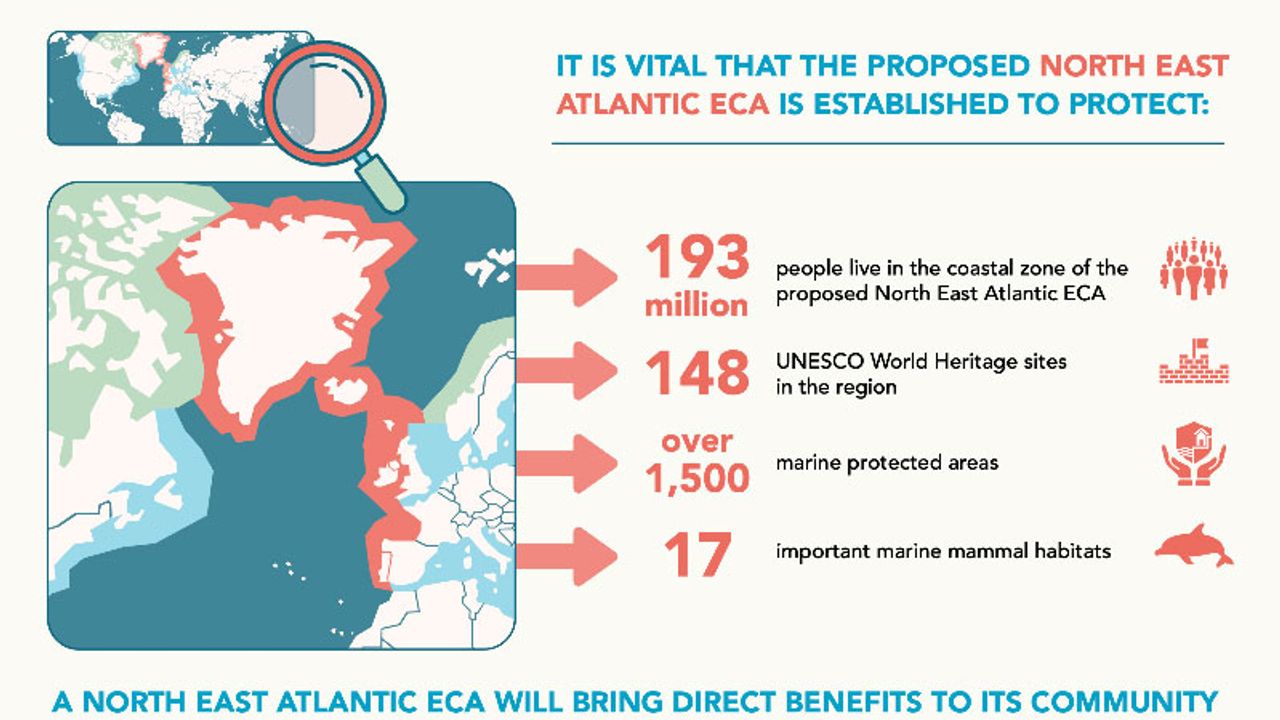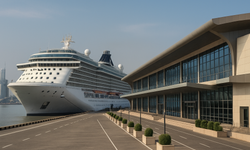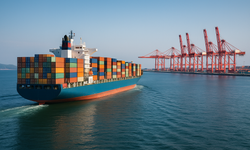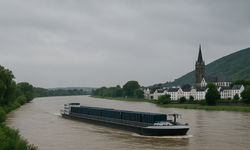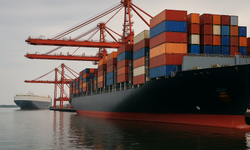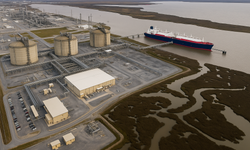As the International Maritime Organization’s Marine Environment Protection Committee (MEPC 83) concluded this week, maritime environmentalists welcomed the approval of a new North-East Atlantic Emission Control Area (ECA), set to take effect in 2027. The Clean Arctic Alliance praised the move, calling it a significant step toward reducing harmful emissions from ships operating in the region, including Arctic waters.
ECAs impose stricter standards on ship fuels and engine emissions to reduce pollutants like sulfur oxides (SOx), nitrogen oxides (NOx), and particulate matter. The new North-East Atlantic ECA is expected to cut SOx emissions by up to 82% and particulate matter by 64%, preventing thousands of premature deaths and significantly reducing black carbon emissions — a key contributor to Arctic ice melt.
“This is a vital win for public health and the environment in the northeast Atlantic and Arctic,” said Dr. Sian Prior, Lead Advisor to the Clean Arctic Alliance. “It’s especially important following the recent record-low Arctic sea ice extent.”
However, the Alliance expressed disappointment over limited progress on broader greenhouse gas (GHG) reductions. Delegates raised concerns that the current carbon intensity measures may fall short of driving the transformative changes needed for a just and equitable energy transition in shipping.
A major setback was the deferral of action on banning scrubbers — exhaust gas cleaning systems that remove pollutants from ship emissions but discharge them into the ocean. Despite strong support for a resolution to prohibit scrubber use in ecologically sensitive areas like the Arctic, the proposal was postponed to the IMO’s Pollution Prevention and Response Subcommittee (PPR 13) in 2026.
Technical advisor Eelco Leemans cited a Canadian study presented at MEPC 83 that questions the effectiveness of scrubbers in reducing air pollution. “Scrubbers merely shift the pollution from air to sea. The IMO must take regulatory action to protect vulnerable marine ecosystems.”
Environmental leaders called on IMO member states to urgently develop robust measures to curb black carbon emissions from ships — the second-largest contributor to global warming from shipping after CO₂. The IPCC’s latest findings reinforce black carbon’s powerful impact on Arctic snow and ice, stressing the need for immediate emissions cuts.
“While the new ECA is a strong step forward, it must be followed by decisive action to ban heavy fuel oil and reduce black carbon emissions in Arctic waters,” said Árni Finnsson, Chair of the Iceland Nature Conservation Association.
Andrew Dumbrille, North American Advisor to the Clean Arctic Alliance, highlighted the broader implications: “This ECA shows how tackling air pollution can also benefit climate and biodiversity. A shipping nexus approach is essential to address the planetary crises we face.”
The Clean Arctic Alliance continues to push for strong, science-based decisions at PPR 13 and beyond, calling for comprehensive maritime regulations that prioritize health, climate, and the fragile Arctic ecosystem.
